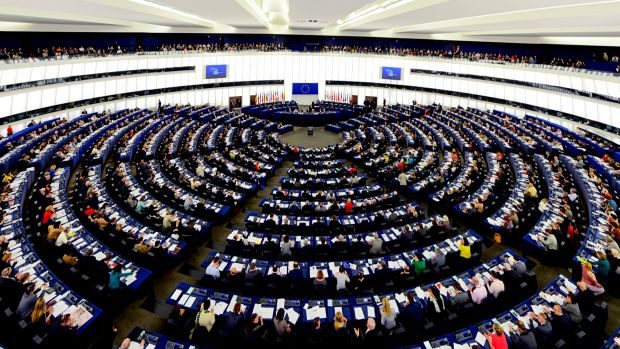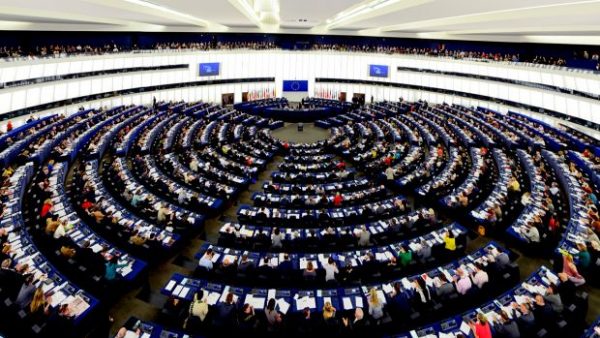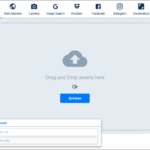What Article 13 Means For You: Staying Out of Copyright Trouble
With the EU’s Copyright Directive moving towards full acceptance without much change in its most controversial articles, many are left to wonder if their average internet use will suffer as a result. Article 13 was initially designed to draw money out of corporate giants yet may have the opposite effect on small businesses and private users. How heavily your use may be impacted depends greatly on your line of work. As such, here’s a handful of questions you may have about the impending change regarding internet regulation.
In simple terms, what does Article 13 cover?
At its most basic level, Article 13 requires websites in the EU to filter copyrighted content from their services, plain and simple. It’s something of an extension to the existing DMCA regulation that covers much of the internet yet it could have much wider reaching effects given its wording. If the content isn’t removed, services are expected to perform due diligence in reaching out to copyright holders to secure rights, which does prevent ages-old copyrighted content from becoming impossible to show due to lost or confusing ownership situations.
Is my business doomed?
It’s unlikely that Article 13 will outright kill any businesses, but it could prove difficult for start-ups and small companies in the long run. Though the Copyright Directive was initially conceived to prevent major corporations from running roughshod over competitors without compensating content creators, the expectations placed upon service providers and content hosts in Article 13 is much kinder to large corporations. Small businesses may struggle to adequately filter content as the process is expected to be time consuming while also requiring a fair amount of human interaction unless automated filters are put in place. Given how YouTube’s content filtering system is a constant nightmare of false copyright claims and fights over video demonetisation, automated filters are not a good long-term solution.
As such the importance of hiring adequate staff and learning to compare broadband deals will shape the immediate future for small businesses as Article 13 goes into effect. Without the manpower and infrastructure to ensure smooth processing of content, expect individuals to struggle with moderating their platforms when compared to existing services.
Will my personal content be affected?
For the home user many of the concerns of Article 13’s reach apply at a level where content is widely distributed. Expect video sharing platforms to take stricter approaches to cracking down on copyrighted content, but private use of the internet while sharing content is unlikely to be as heavily policed. An initial concern over the possible doom for internet memes led much of the initial push back, but lawmakers have affirmed that memes will fall under a protected form of critique and review, much like full critique videos and podcasts.
Are my streaming platforms going to change?
Ideally not, but there are potential illegalities under Article 13 that could cause several smaller streaming services to stumble while moving towards compliance. Platforms like Netflix maintain a strict grip on what is and isn’t allowed on a per-country basis to avoid running foul of copyright law already, making it unlikely that its content will undergo a major change as a result of the Copyright Directive. YouTube and similar platforms with curated streaming content will undergo bigger changes, but the potentially unforeseen challenges may crop up at a software or even hardware level.
Services like Kodi offer content through their software for TVs, phones or other devices that benefit from a media player where they may not have one naturally built-in. It’s a piece of software developed for convenience and maintains and open source build in the sense that anyone can look at the code for the software and modify it up to the point of making add-ons that allow integration with services like Netflix or YouTube. This is all very handy for home entertainment users, but the open nature of the platform means add-ons that provide links to illicit content are entirely feasible. While Kodi itself is unlikely to be hit by Article 13 regulation, unauthorised add-ons could cause trouble if left unregulated by those who maintain the platform’s code.
Additionally, this raises concerns over hardware meant for streaming that can be hacked by the end user. It’s difficult to lay blame for the actions of a user at the feet of a service provider yet that is exactly what may happen to YouTube if copyrighted content is not struck swiftly and effectively. Stream boxes and standalone hardware that allow streaming may have to incorporate software solutions to copyright infringement or face punishment under these new laws. If users circumvent existing filters, companies will have to constantly fight to keep their platforms updated and adherent regardless of the cost or time commitment required. It’s yet another concern for smaller businesses and their attempts to establish a foothold against tech giants who have already poured millions to billions of dollars into screening and policing their services that many will struggle to meet.
If Article 13 is EU-specific, why are other internet users worried?
The internet is a beautiful borderless creation that shares its idiosyncrasies in every country across the globe. Short of falling behind a nation-wide firewall, the internet is open for all and changes in one country are likely to ripple to other countries as services and providers try to keep their products available to as many users as possible. YouTube’s DMCA fiasco has been an ongoing issue across the globe thanks to United States law and the Copyright Directive could have similar repercussions. It’s already possible that the internet will be split into thirds. Innovation may be stifled at a technological level. Content may be more heavily policed and it’s difficult to know where the policing will end.
So while Article 13 and the Copyright Directive are very European in origin, the world will feel its effects in the coming years. Expect large platforms to roll out major changes in every country to appease rights-holders and companies alike while the end user is left to adapt to a changing digital landscape over which they have little control.

















